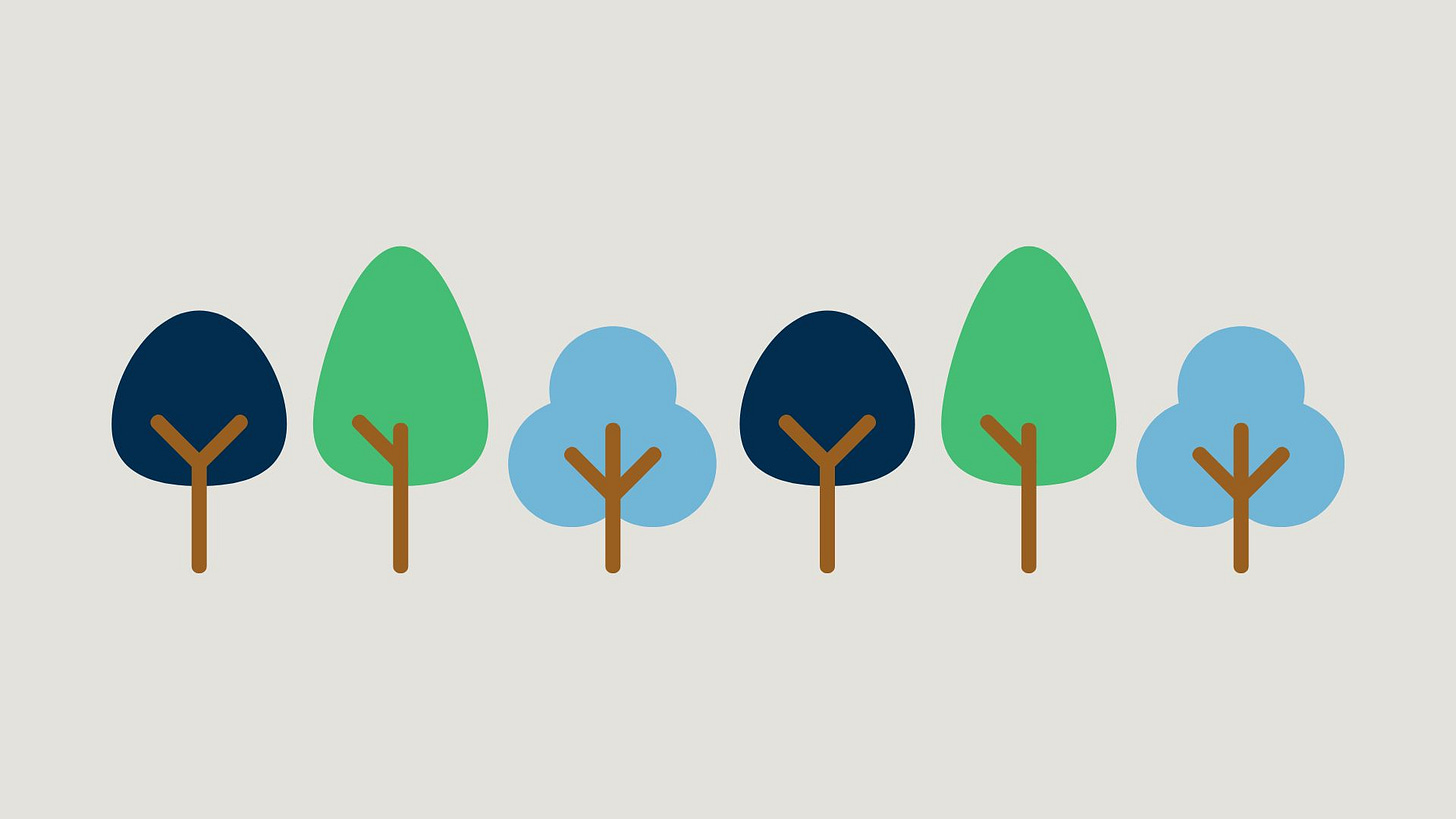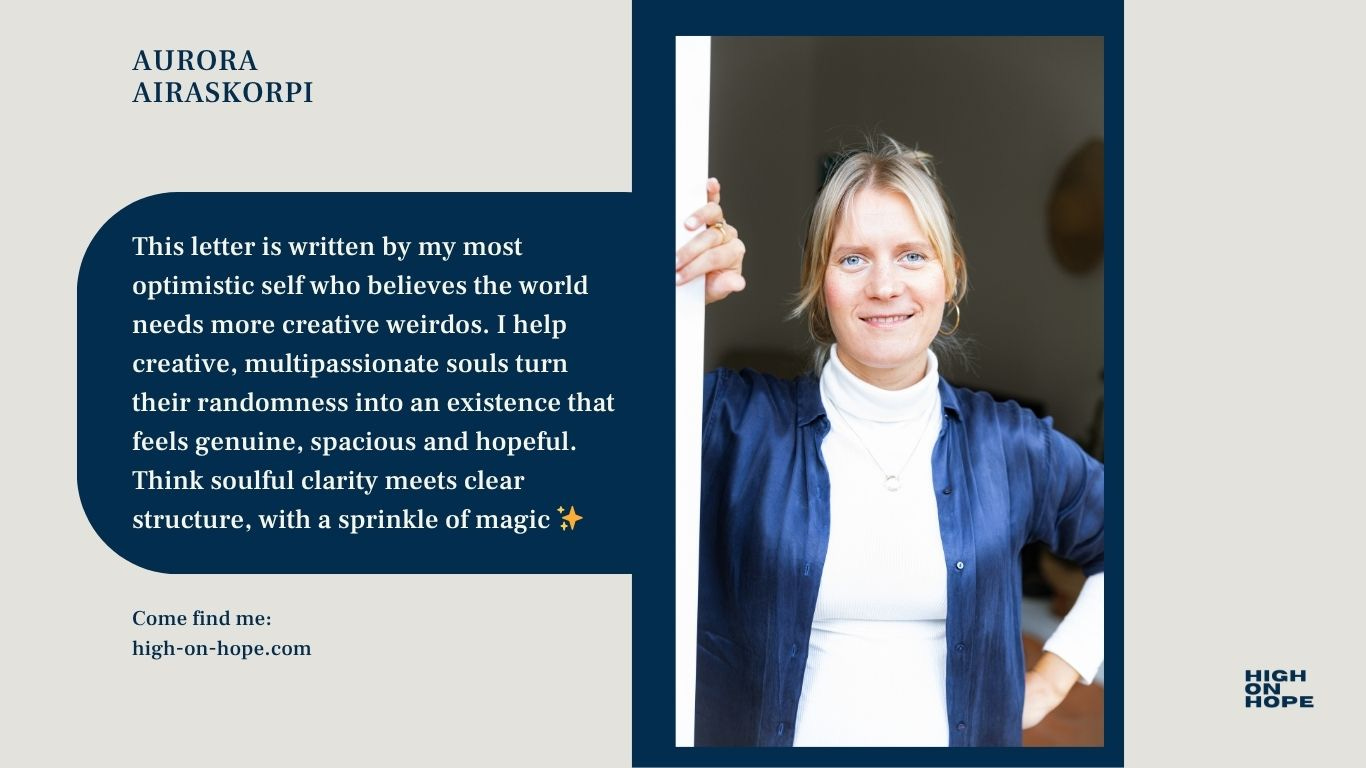Should we all just move into the forest?
Maybe you don’t need a career shift but an environmental shift.
One of the great American writers, Henry David Thoreau, found greater purpose in life by changing how he lived.
He was 27 years old when he began to feel a longing. Life had not offered Thoreau great wealth or love, and the career paths available to him failed to inspire. Although he had graduated from Harvard with excellent grades, and could have, like many of his classmates, pursued success in fields like law or medicine, something about those options felt meaningless to him.
In the midst of his search, he became friends with the poet, essayist, and philosopher Ralph Waldo Emerson. Emerson introduced Thoreau to the Transcendentalist movement and broadened his worldview. Transcendentalists believed that spiritual experience was more valuable than material reality. They valued nature and encouraged self-reflection.
From his friend, Thoreau received support in pursuing a career as a writer instead of following conventional professions. Living in Concord, Massachusetts, Thoreau longed for a peaceful environment where he could nurture his spirituality and pour his soul onto paper. Nature began to allure him.
Inspired by an old classmate who had once built a cabin by the water for reading and contemplation, Thoreau spent time in the woods chopping wood for a cabin. Striving for simplicity, he furnished the cabin with only the bare essentials: a bed, a writing desk, three chairs, a washbasin, two knives and two forks, one spoon, one ladle, a frying pan, fire tongs, and a mirror. He chose voluntary poverty and a self-sufficient life.
He described his experience in his book Walden – or, Life in the Woods:
If the day and the night are such that you greet them with joy, and life emits a fragrance like flowers and sweet‑scented herbs, is more elastic, more starry, more immortal — that is your success. All nature is your congratulation, and you have cause momentarily to bless yourself. The greatest gains and values are farthest from being appreciated. We easily come to doubt if they exist. We soon forget them. They are the highest reality. [...] The true harvest of my daily life is somewhat as intangible and indescribable as the **tints of morning or evening. It is a little star‑dust caught, a segment of the rainbow which I have clutched.
Many creatives feel a pull to the forest. A Finnish artist, Josefina Nelimarkka, whom I interviewed for my first book saw the forest as a creativity-inducing environment as opposed to digital environments like social media: “I don't take my creativity to places that aren't good for it and only create stress. I'd rather go into the forest,” she said.
One doesn’t have to be a creative to claim the benefits of the forest. I once read about a Finnish car mechanic who moved into the forest for a year to escape the hectic city environment. He kept working like usual, commuting to his job from the forest every morning, and then spending his free time sitting on tree trunks and focusing on the simple joys of nature. In a media interview, he concluded that he’s working fewer hours and generally just less pissed off about everything in general.
So, the lesson in these narratives is to ask, how much of a difference do our living conditions make when it comes to our creativity, life satisfaction and inner peace?
We’re often so focused on changing our careers or looking for meaning within our occupation that we forget to focus on the life outside of that occupation.
What living outside the city has done for me
I chose to go fully remote 2,5 years ago. Before, I lived in a capital city and enjoyed the luxuries that city life could bring.
I always felt like I was a “city person”, whatever that means.
But eventually I relocated to a small seaside town in the southern coast of Portugal and started to enjoy the luxuries of a life outside the city: the sound of the ocean, the hiking trails, the midday swims, the quiet winters, the less socially active lifestyle, the lack of consumerism, and the company of other people who had made a similar choice.
Where I live is no forest, meaning I’m not isolated from other people, but it’s a step away from an overcrowded city life.
Sometimes I wonder if it’s also a step toward an even higher degree of isolation. Will I one day find myself living more rurally, with very few people in sight, growing vegetables and caring for animals? Who knows. But I have come to realise that it might be hard to go back into a full-blown city life after this life.
Like Henry Thoreau, who still did the occasional visits to the city, I do enjoy a little city escape from time to time. Immersing oneself in all the shiny objects and being squeezed in the middle of a hive of people in the tube can make me feel alive in a way that’s different from the calm of nature. But it also feels exhausting.
Maybe urbanisation has taken us too far from our natural habitats.
Maybe a higher purpose to life is found only by connecting deeply with nature.
Maybe the answers we’re looking for are waiting for us if we just take the time to sit on a tree trunk for long enough.
***
Questions to ponder:
What type of nature are you most drawn to?
What happens to your creativity, sense of calm and sense of hope when you spend time in natural environments?
Is there a way you could spend more time connecting with nature? What could that look like?
***
Something Borrowed – A Summer Series Exploring the Thoughts of Others
This post is part of my summer series called Something Borrowed. In these posts, I explore the thoughts of creative thinkers from earlier decades or centuries, as well as from other cultures and backgrounds. My intention for this series is to expand the type of thoughts and perspectives I can offer and make us realise that we don’t have to reinvent the wheel: many of our struggles are hundreds of years old, and we can rely on generational wisdom to move past them.
***
Hope this post was worth your time. Please share your thoughts in the comments below or via email.
Speak to you next week.
Until then, keep embracing your randomness and creating hope in this world.
With kindness,
Aurora
***











Thank you! As someone that lives in the forest and has letter daily life stress creep in, I need a reset!! Why I'm here and what my goals are, not what the world thinks it should be!!